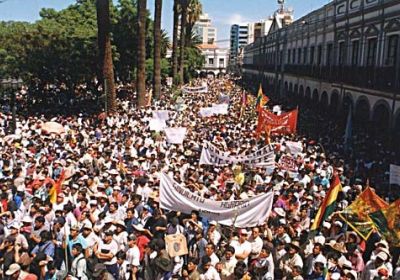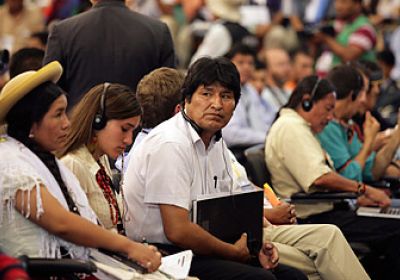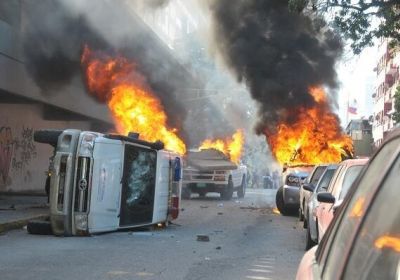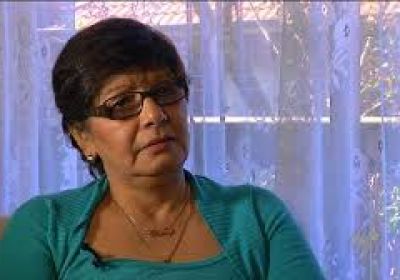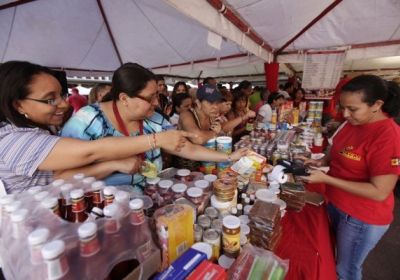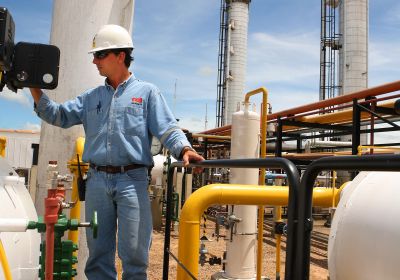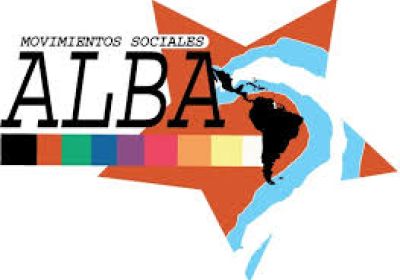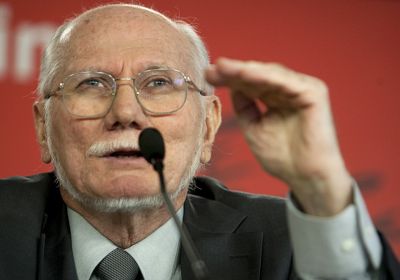
The publication of a document highly critical of the government of Venezuelan President Nicolas Maduro, authored by one of the longest-serving ministers in former president Hugo Chavez’s government, has triggered an unprecedented debate among Venezuelan revolutionaries.
Jorge Giordani dropped the bombshell on June 18, a day after he was replaced as planning minister. This was preceded by his dismissal from the boards of Venezuela's Central Bank and state oil company PDVSA, the state oil company. He had held the post almost uninterruptedly since Chavez first came to power in 1999. .
